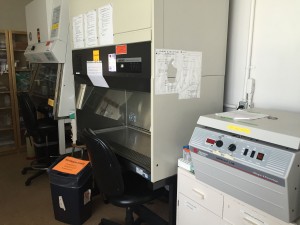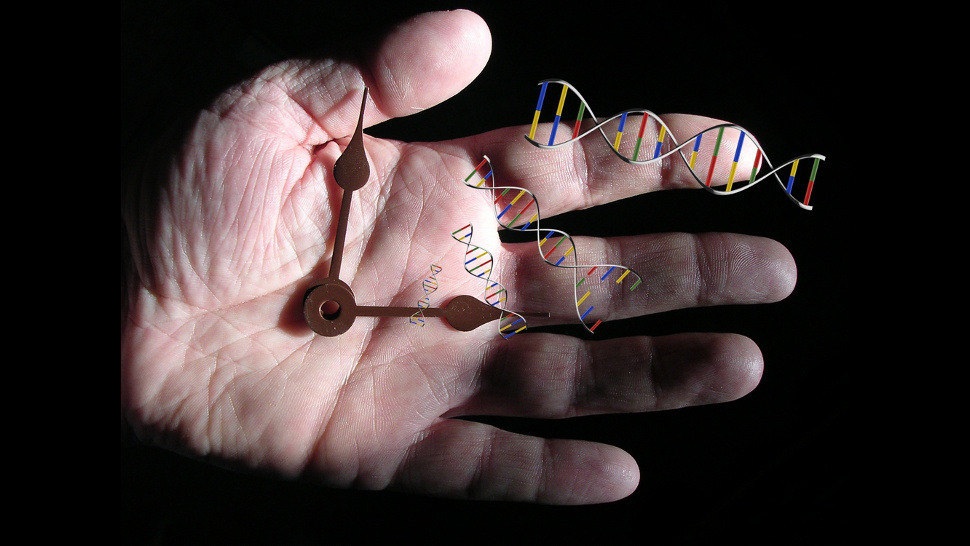A new method developed by researchers at the University of British Columbia could help clinicians predict sepsis within an hour using an endotoxin tolerance signature (endotoxin tolerance is defined as a reduced responsiveness to a lipopolysaccharide, also known as LPS, following a first encounter with endotoxin).

Sepsis is one of the most deadly diseases around the world. People should get awareness of it. This image shows some symptoms of sepsis as well as the cause of sepsis. ( Image Credit: Medical Device)
Sepsis is an inflammatory disease triggered by bacterial infections. There are 18 million cases every year around the world. Diagnosis of sepsis is a race against time because for every hour delay in sepsis diagnosis, there is an eight percent increased risk of death. However, sepsis is difficult to diagnose. A basic diagnosis will take 24 to 36 hours, but with this method, proposed by Professor Bob Hancock’s research group, clinicians can start a therapy immediately.
Check out the following podcast on the background information about sepsis.
Audio clip: Adobe Flash Player (version 9 or above) is required to play this audio clip. Download the latest version here. You also need to have JavaScript enabled in your browser.
The new method defined a gene expression signature characteristic of endotoxin tolerance. Researchers correlated this gene signature with early sepsis and determine whether this signature was associated with development of confirmed sepsis and organ dysfunction. Overall they found that the subsequent development of confirmed sepsis and suspected sepsis patients with new organ dysfunction are significantly associated with an endotoxin tolerance gene signature. All 593 sepsis patients presented an expression profile strongly associated with the endotoxin tolerance signature (p<0.01). “We could differentiate between guys who are sick but went on to sepsis and guys who did not go on to sepsis”, says Hancock, “also could differentiate guys who could go onto organ failure and guys who would not go onto organ failure.”
In the following video, Professor Hancock demonstrate techniques used in his research to find the early detection of sepsis.
A potential misunderstanding about sepsis has also been revealed in the article. Sepsis had been treated as an inflammatory disease; however, many anti-inflammatory drugs failed to treat sepsis. The gene signature, used in this new method found by Hancock’s research team, relates to cellular reprogramming which is a special type of immune-suppression. Hancock emphasizes, “If we can reverse that immune-suppression then we have a really good chance of a new therapy”.
For future research, Professor Hancock suggests that larger clinical trials should be done to confirm these findings. He also expects to increase test functionality in order to have a fast and accurate diagnostic test for sepsis in the early stage.
Reference
Cavaillon, J., & Minou, A. (2006). Bench-to-bedside review: Endotoxin tolerance as a model of leukocyte reprogramming in sepsis. Critical Care, (10)
By Group 2
Harsheen Chawla, Erik Johnson, Lincoln Li and Xindi Wang








